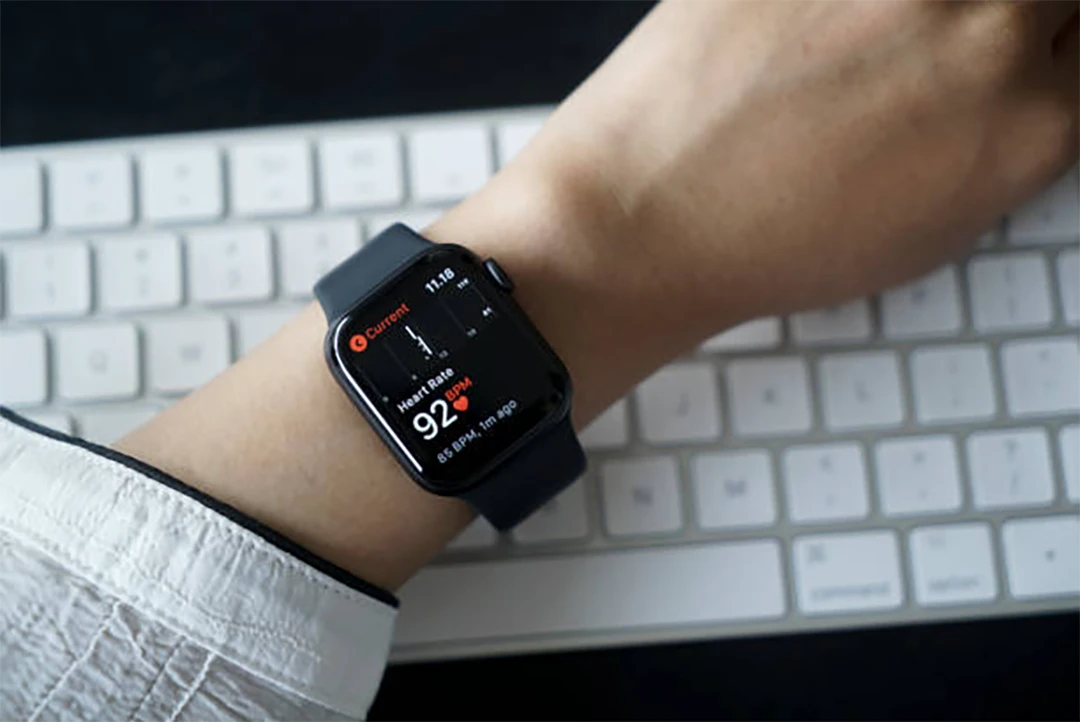
Atrial fibrillation commonly known as AFib is a type of irregular heartbeat that disrupts the normal rhythm of the hearts upper chambers Its a condition that becomes increasingly common with age especially among adults over 65 Often silent in early stages AFib can also bring symptoms like fatigue palpitations or shortness of breath The bigger concern It can raise the risk of stroke or heart failure if undetected Thats where wearable technology like the Apple Watch steps in
Monitoring from Your Wrist
The Apple Watch Series 4 introduced new features for monitoring heart issues starting with that model. One of the key tools is the ECG app which allows users to record an electrocardiograma test that monitors heart rhythmright from their wrist With just a 30second touch of the digital crown the watch can assess whether your rhythm appears normal or shows signs of AFib
Another feature irregular rhythm notifications passively monitors your heart using the optical sensor If irregular patterns are detected while youre at rest the watch sends an alert suggesting a possible AFib episode These tools work together to increase awareness and prompt users to seek professional help if something seems off
What the Research Says
Healthcare professionals have proven that the ECG feature of the Apple Watch delivers accurate results when testing for AFib. The sensitivity of AFib detection by Apple Watch was over 98 percent while the specificity was above 99 percent. Research has shown that irregular rhythm notifications generate false positives in younger users but are accurate among older populations. The technology has been found to produce incorrect results in 90% of users who have no known risk factors.
The technology is not designed to replace doctors, however, it is a very useful early detection system for those who are at risk or have already been diagnosed with the condition.
The AFib History Feature Offers Strong Benefits to Patients.
The AFib History feature is a useful feature for people with AFib who can use it through their Apple Watch. This tool provides users with a way to track their AFib episodes and see how different aspects of their lifestyle like sleep, exercise, and alcohol consumption affect their heart health. Long-term management of the condition is where this tool proves useful because it provides users and doctors with a way to monitor patterns throughout time.
The feature is available for adults 22 years old and older who must use their Apple Watch for at least 12 hours each day except weekends. All the collected information is stored in the Health app which provides users with a detailed overview of their heart rhythm in relation to their activities.
RealLife Moments That Matter
The most powerful evidence might not come from the technical specifications or statistical data but from actual user experiences. JohnMHillier shared a post on X about his mom receiving an Apple Watch notification that resulted in an AFib diagnosis at the doctor’s office although the condition went undetected during hospital screenings. TechNinjaSpeaks shared another post about their dad who visited the ER after a watch alert possibly saved him from more severe consequences.
Real-life accounts provide human context to the technology which demonstrates how a daily-worn wrist device might act as a lifesaver.
Tips for Effective Use
Users can optimize their ability to detect AFib by properly configuring their Apple Watch and consistently wearing it. These tools should not be considered as replacements for complete medical assessments since they provide preliminary information only. People who get alerts or experience symptoms need to consult their healthcare provider immediately.
The ECG and AFib History features are available only on particular Apple Watch models. To activate these features users require at least an Apple Watch Series 4 or any Ultra model combined with an iPhone. The features are cleared for use by adults aged 22 and older thus they are designed to meet the needs of particular users.
Wearable Techs Role in Health
The Apple Watch serves as more than a fashion item since it provides workout tracking and message functions while developing into an essential personal healthcare tool. The combination of heart monitoring features within an everyday-worn device by users has led Apple to create opportunities for earlier condition detection and improved health awareness of AFib.
The technology shows promise to evolve into an enhanced tool for promoting preventive healthcare practices that people can already experience today. Medical integration with further accuracy improvements will enable these devices to support wellbeing in newly discovered impactful ways.
The personalization feature allows users to boost their experience through custom Apple Watch faces which turns your watch into a personalized device that continues to monitor your heart. The Apple Watch combines innovative technology with clinical insight to deliver peace of mind while giving users control of their health status. The device functions to assist users recognize their need to visit doctors rather than replace medical professionals.

